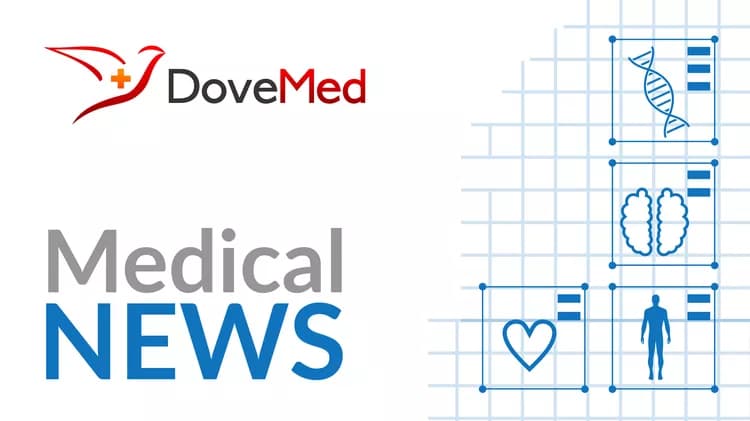
Many Stroke Patients Not Screened For Osteoporosis, Despite Known Risks
The majority of stroke survivors are not screened or treated for osteoporosis, broken bones, or fall risk -- despite stroke being a risk factor for these conditions. The risk is up to four times greater than in healthy people, according to new research in the American Heart Association's journal Stroke.Stroke survivors often face reduced mobility -- a trait that decreases bone mineral density and increases risk for bone breaks.
Less than one-third of older women living in the United States are screened for osteoporosis and the treatment rate for some high-risk patients tops out at 30 percent.
"Our study adds to previous research that found despite an increased risk, only a small number of people who have recently had a stroke are tested and treated for osteoporosis," said Moira Kapral, M.D., M.Sc., FRCPC, lead author of the study and professor of medicine and director of the division of general internal medicine at the University of Toronto in Canada.
Researchers identified stroke survivors age 65 and older who either had visited the emergency department or had been hospitalized for strokes (ischemic or intracerebral hemorrhage) between July 1, 2003 and March 31, 2013 at 11 regional stroke centers throughout Ontario, Canada from the Ontario Stroke Registry. Using administrative databases allowed researchers to link the registry with information about bone mineral density testing, prescription medications and deaths.
Of the 16,581 stroke survivors included in the study, only:
5.1 percent had bone mineral density testing;
15.5 percent were prescribed medications for osteoporosis within one year after stroke; and
a small percentage of stroke survivors were prescribed medications for osteoporosis for the first time.
The study also found that, while overall screening and treatment for osteoporosis and related conditions was low, certain stroke survivors were more likely to have bone mineral density testing. These people tended to be younger, female and to have had low-trauma fractures in the year after their stroke. Patients were more likely to be prescribed medications for osteoporosis post-stroke if they were female, already had osteoporosis, had previously broken bones, had previously had bone mineral density testing and had fallen or broken bones after their stroke.
"This study offers more evidence that there is a missed opportunity to identify people with stroke at increased risk of fractures, and to initiate treatment to prevent bone loss and fractures," Kapral said.
Related Articles
Test Your Knowledge
Asked by users
Related Centers
Related Specialties
Related Physicians
Related Procedures
Related Resources
Join DoveHubs
and connect with fellow professionals

0 Comments
Please log in to post a comment.